All About Clay Face Mask

Keeping up with a perfect skincare routine on a daily basis can be quiet demanding. And among all Netflix binge-watching and catching up on lost conservations, indulging in a long pampering skin care session over the weekend might not be a possibility. In such situations, face masks come to the rescue. It detoxifies and pumps up the skin cells to restore to its rejuvenated state. Clay-based face masks are widely popular and have been in use since ages. Evolved from such ancient times, it has not lost its natural charm even today.
All about clay masks
In layman’s language, a clay mask is the good ol’ multani mitti that gradually starts to tighten on your skin as it dries. Today, there are many kinds of clay mask that cater to specific purposes like treating oily or acne-prone skin, removing blackheads and impurities from the skin, detoxifying and purifying skin pores along with hydrating and replenishing moisture.
Types of clay
-
Bentonite clay
A multi-functional product, bentonite clay helps in cleaning the skin's surface by performing multiple operations. It treats oily skin, heals acne, unclogs pores and regenerates skin tissues. It effectively removes blackheads and whiteheads from deep within the skin, reduces blemishes and makes the skin tone even. Therefore, it flushes out the toxins and exfoliates the skin, making it appear soft and bright. Available in gray-green color, it is suitable for normal to oily skin type. There are many other ingredients to enhance skin glow.
-
French green clay
French Green Clay is a bright green clay consisting of kelp and algae. It is useful in treating sunburns and skin allergies or rashes. Thus, it is a good option for detoxifying and healing skin. Additionally, it helps in exfoliation, pore-tightening, and oil-absorption. Its absorbent feature is so remarkable that it pulls blood towards the skin surface, thus boosting circulation and making the skin appear plump and fresher.
-
Rhassoul clay
Rhassoul Clay is a mineral-rich Moroccan clay. It is applicable for both skin and hair care. Its adsorption power attracts positively charged cations or impurities towards itself thus deep cleaning the skin. It revitalizes the skin, increases skin elasticity, reduces blemishes and blackheads and evens skin tone.
-
Kaolin clay
Kaolin clay is also called china clay. The off- white kaolin clay is the most used among its different colors. It is suitable for dry and sensitive skin as it is the gentlest clay. It is mostly popular for softening and exfoliating the skin rather than its absorbing feature. for its along with soothing rashes and irritation and toning the skin.
-
Fuller’s earth clay
Commonly known as multani mitti, this clay is the ultimate oil absorber. It literally draws out oil from the skin and can be applied for fighting acne and pimples. Perfect for oily skin and hyperpigmented skin, It helps to even out the skin tone and reduce tan.
Along with the above-mentioned clay, there are various others like Cambrian blue clay, French pink clay (rose clay), Umbrian clay, Zeolite clay, Dead Sea Mineral clay, etc. Clay mask should be applied considering its different functions. So clays that are known for hydration can be used regularly but clay mask like fuller’s earth should be used only once or twice a week.
Clay mask is a great option for treating oily skin, blackheads, and whiteheads, blemishes, rashes, acne or pigmentation. So based, on its active ingredients, it can also effectively hydrate and rejuvenate skin.
Author
Jigyasha Jain
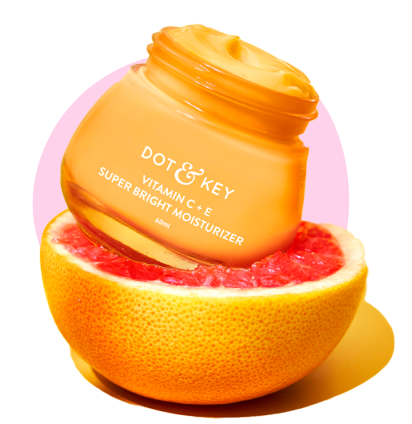
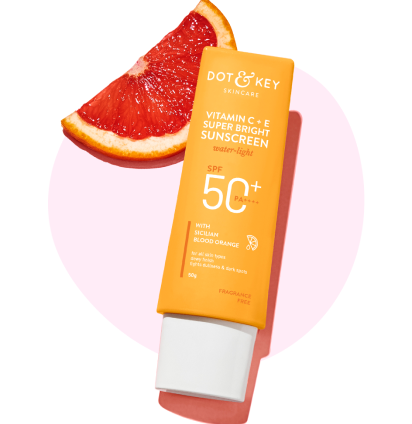
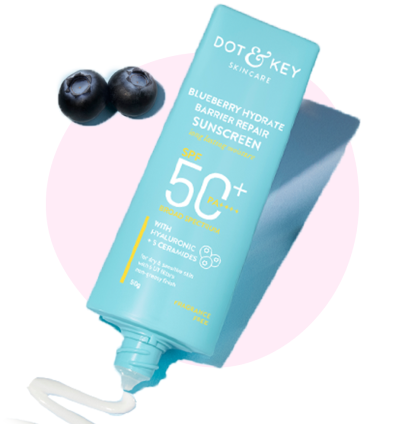
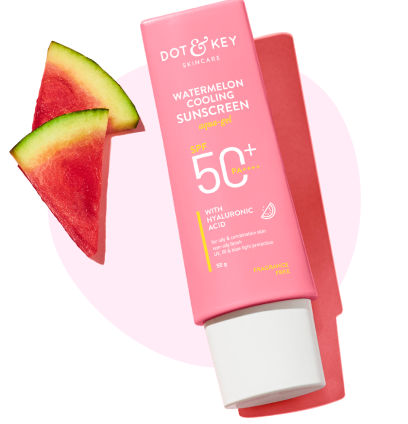
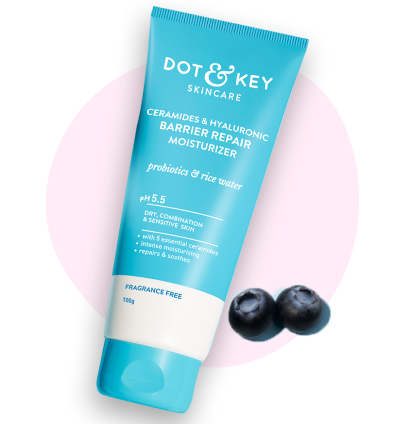
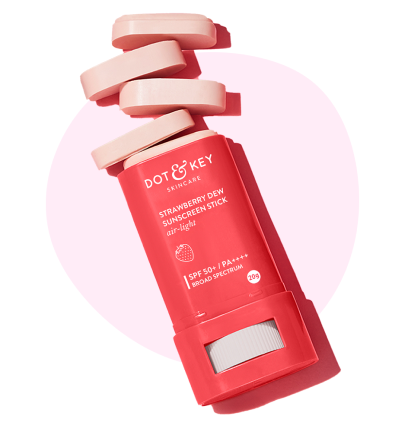
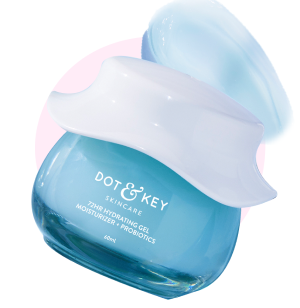

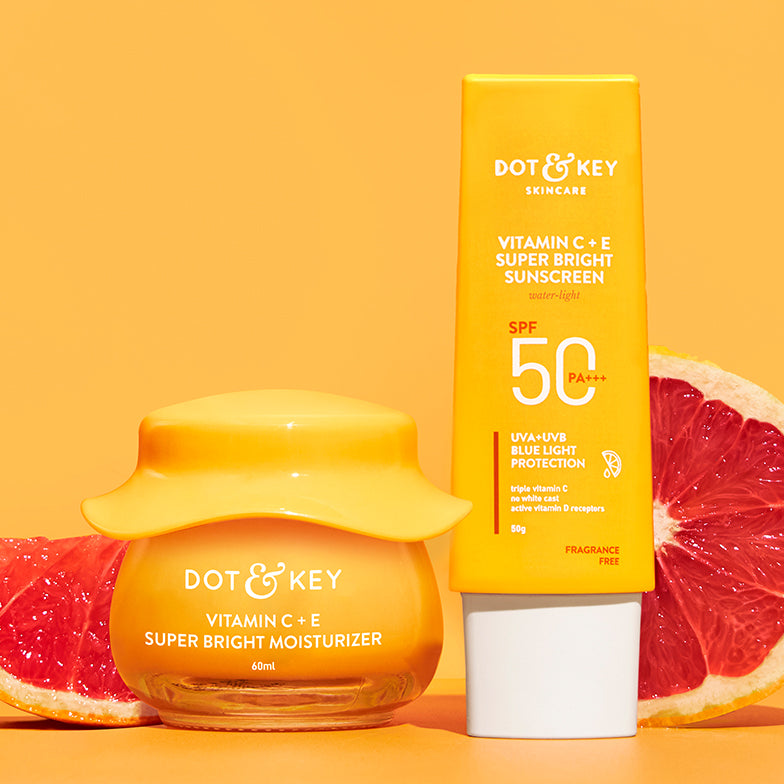





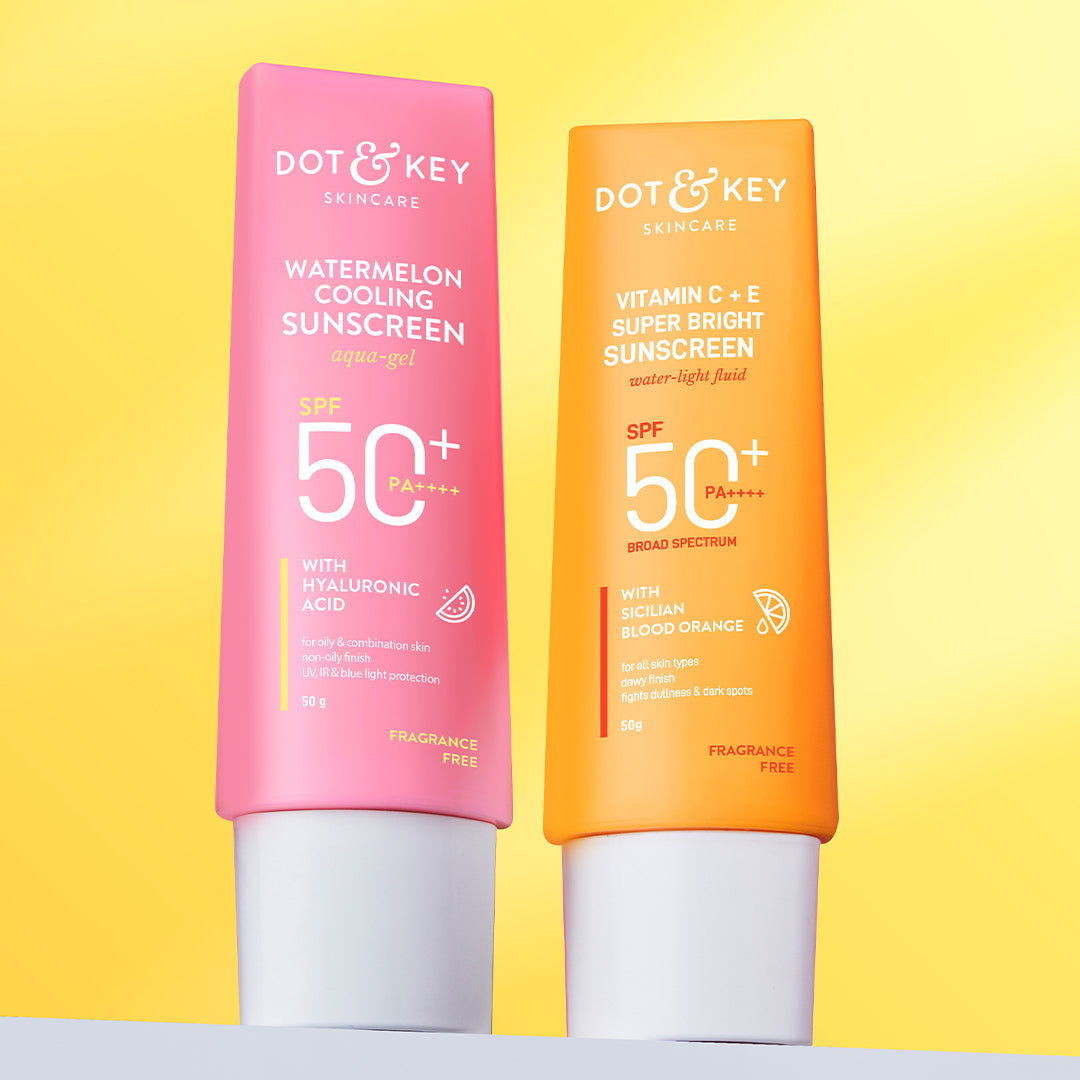



Leave a comment